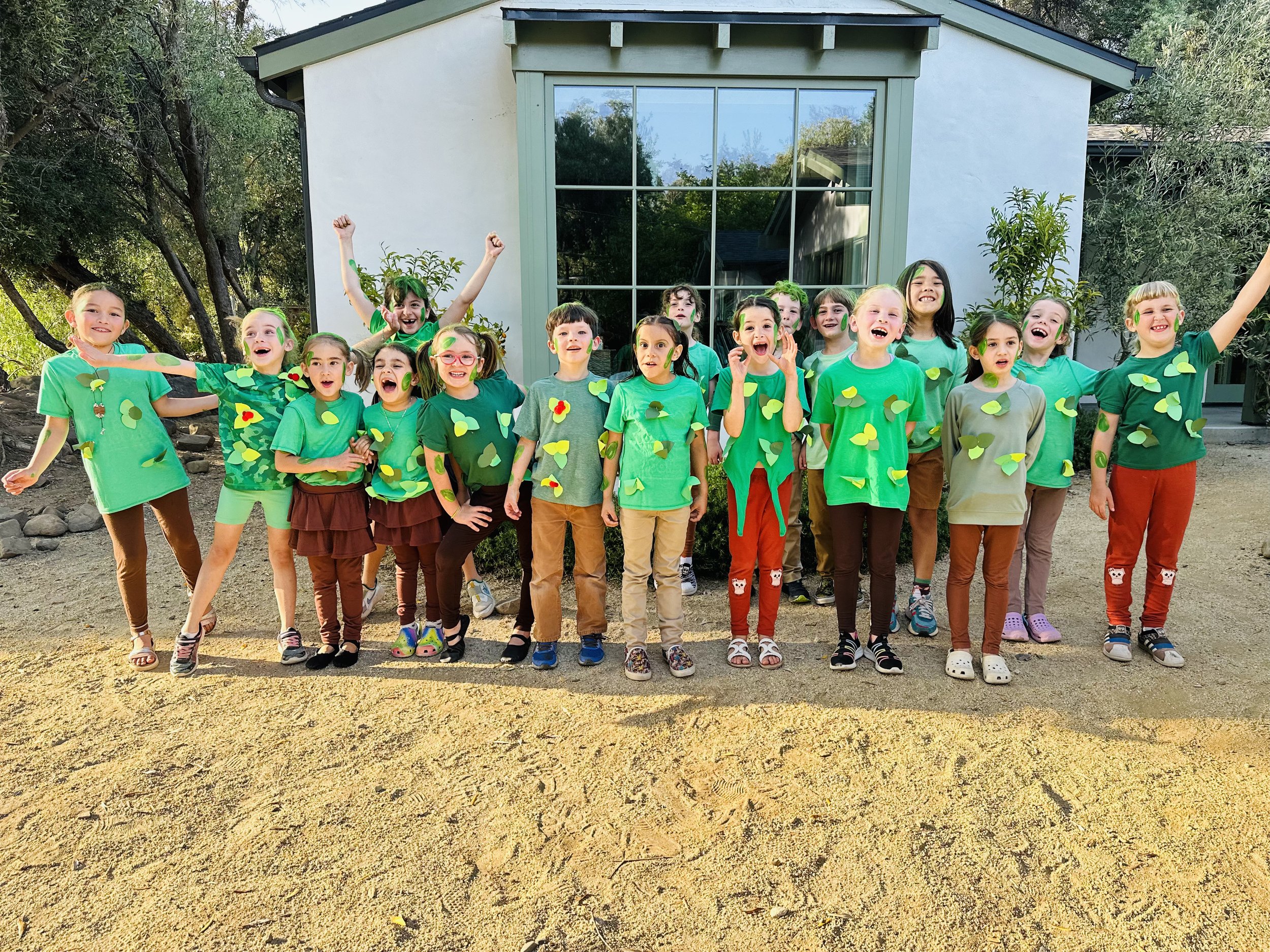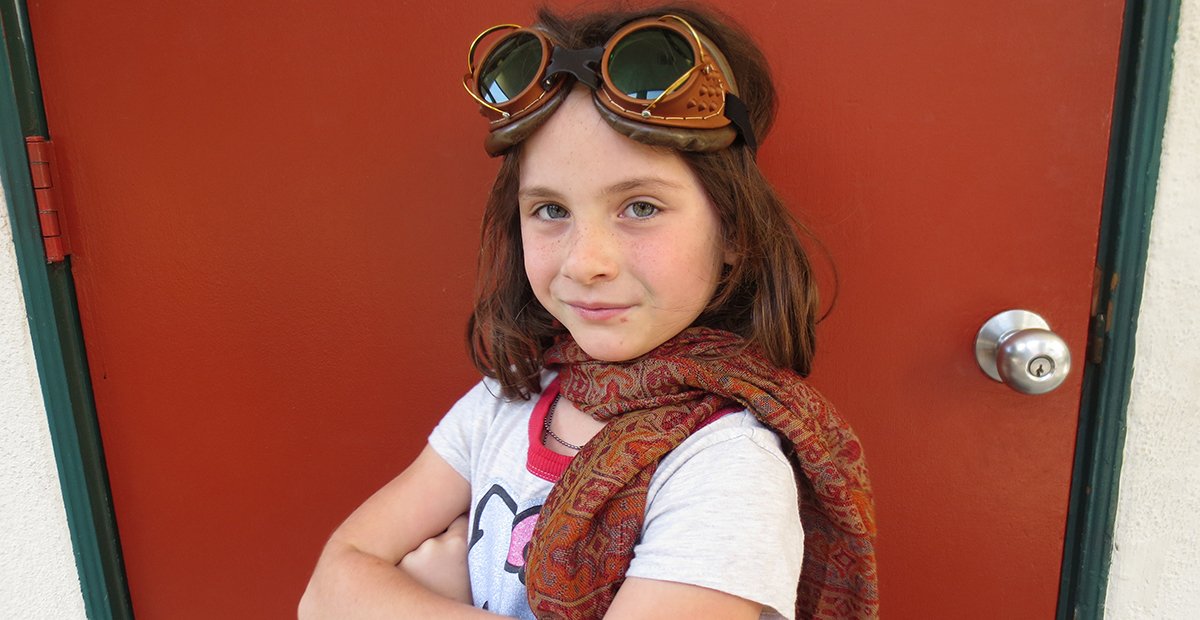
Grade School at Monica Ros
In our grade school, a variety of teaching strategies are used to enhance learning and meet the needs of all students. California State Standards are met using hands-on activities, unique integrated thematic units and direct instruction. These Monica Ros School thematic units are taught to expand student’s interests, encourage them to collaborate, build social skills, solve problems, think critically, and help them connect to the world. Each classroom has a teacher and an assistant teacher. All special subjects are offered regularly throughout the week: Art, Library, Music, P.E. and Spanish
AT A GLANCE
Teacher & Assistant in every classroom
Average of 18 students per a class
Critical thinking & problem solving
Visual, auditory & kinesthetic learning
Performance as life skills
Learning
Classrooms with qualified, caring teachers focus on academic fundamentals and key pieces of character development. By the time our third graders graduate from Monica Ros they are testing significantly higher than the national norms, and also have grown into confident, inquisitive students. Our preschoolers discover friendship, cooperation, and group work at school. Monica Ros staff works with them on self-awareness, self-management, empathy, and relationship skills every day. Our grade schoolers begin the excitement of academic discovery with classrooms full of science and experimentation; edible chemistry with classroom-made sourdough waffles and hands-on biology with student-collected terrariums.
Imagination
The real business of childhood, something that is seen across species from humans to polar bears, is creative, unstructured free play. The benefits of play on the developing brain, for social relationships, cognitive abilities, and later successes at organized problem-solving, are invaluable. Imagination is more than free play and make-believe. Imagination is an expansion of “the possible”. Monica Ros School infuses every lesson, each event, our special subject classes, our after school activities, with a magical playfulness that speaks to young children. Through a mix of freedoms and responsibilities, opportunities for perseverance, and times of empathy, Monica Ros beautifully expands “the possible” for our students.
Creativity
Starting from the time they are three years old, Monica Ros School students perform regularly on stage in front of a group. As the preschoolers grow, so do their dramatic horizons, and students eventually graduate with the ability (coveted by many grown-ups) to be comfortable speaking publicly. Art is part of every day in the preschool classrooms, and our formal art program begins in Kindergarten. Each year the school dedicates an entire month as our Arts Month and mixed age groups work together on a multitude of inspired projects.
Community
Monica Ros School provides a safe and trusted extension of your home when your child becomes a student. A child needs a village, and we give them a good one, one with clear boundaries and expectations, true affection and joy. What we value, our children will value; we seek to model kindness, persistence, usefulness, humor and graciousness. Throughout the school year our extended community of Monica Ros students and families (current and alumni!) are invited in as part of the long-standing traditions that bring us together.
Why does Monica Ros complete at Third Grade?
We all share the desire for our children to be eager students—curious, resourceful, and resilient. The foundation for these qualities is laid in the early years of schooling, setting the stage for their future independence and success. For this reason, the distinct developmental stage of Early Childhood, ranging from around 3 to 9-years-old, takes center stage at Monica Ros School.
We understand the importance of these formative years, and that's why we believe in the immense benefits of an environment focused solely on young children. Our emphasis on this developmental stage allows us to tap into the most natural activity of childhood—imaginative play—and leverage it for social and intellectual growth. By infusing just a touch of memorization and cooperation, we transform child's play into a classroom performance; natural building of community and imagination fuel student council projects, and young children prove their capability of achieving great things.
When the time comes to introduce academic practice to our students, our language arts and mathematics programs seamlessly blend with the magic of experiential learning. This unique combination ignites a motivation to learn that lasts a lifetime, instilling in our young scholars a deep love for learning.



